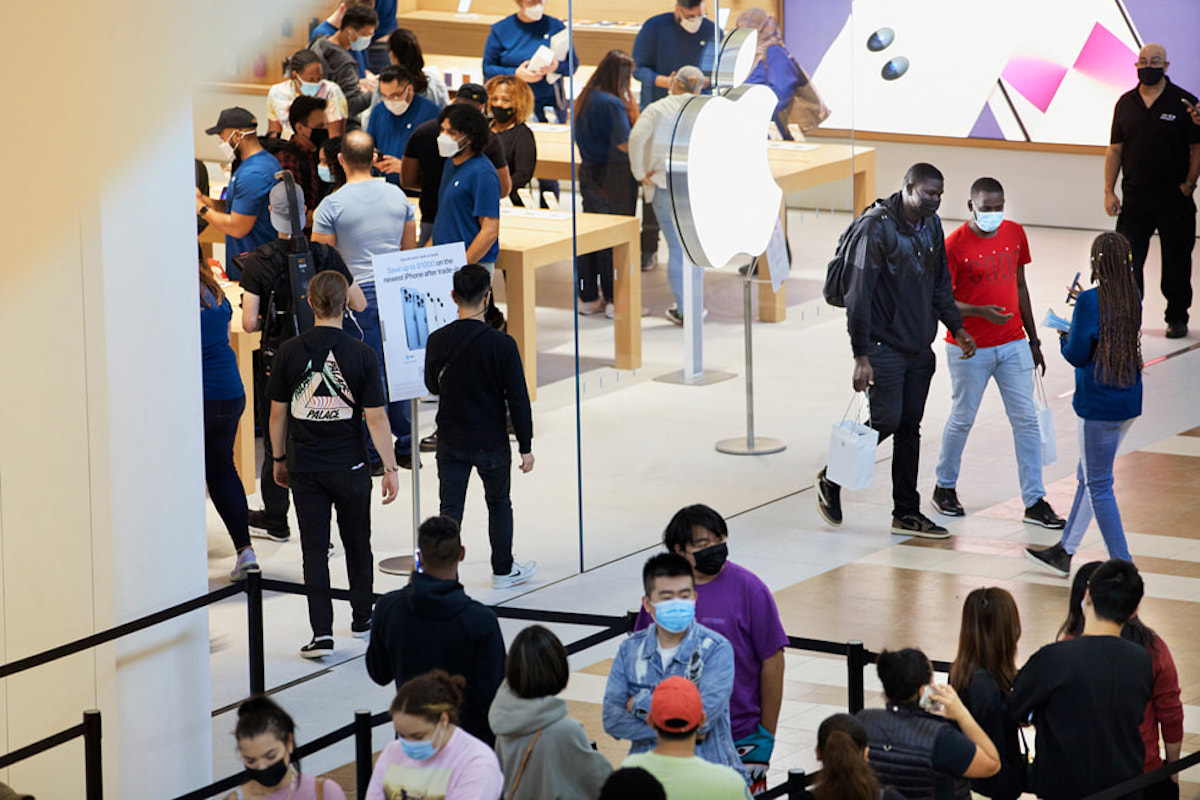The delivery dates of a few high-end Apple products like iPhone 13 Pro, iPad, and MacBook Pro models have long delivery dates which make them unsuitable to be considered as Holiday gifts, especially in Asia. In the midst of its peak selling season, another report reconfirms that Apple’s iPhone production is marred by supply constraints and other production-related issues.
With its biggest hardware upgrade cycles with new iPad, iPhone, Apple Watch, iMac, MacBook Pro, AirPods, and HomePod models, the Cupertino tech giant is expected to have its best Holidays season quarter with $120 billion in revenue. However, the ongoing chip shortage, higher demand, and China’s new power consumption laws are playing a deterrent. Based on usual practices, and interviews with more than 20 industry executives from three continents, Nikkie Asia claims that;
In the midst of its peak selling season, it (Apple) is having a nightmare before Christmas. It is an acute example of the wider havoc wrought by supply chain problems on consumer goods companies worldwide. A perfect storm of pandemic factory lockdowns, logistics troubles and energy generation squeezes has battered the globalized production model that has long powered modern manufacturing.

Apple suppliers halt production of iPhone and iPad due to components shortage and China’s energy cuts
In its new article summarizing the “unprecedented” challenges facing the Cupertino tech giant, Nikki Asia says that for the first time in more than 10 years, the production of iPhone and iPad has stopped for several days because of supply constraints and China’s new restrictions on power usage. The report states:
At the beginning of October, when most of China shuts down for the Golden Week holidays, the factories run by Apple’s most important suppliers usually go into overdrive. This is the week when Foxconn, Pegatron and others ramp up production to 24 hours a day, employing shift after shift of workers to pump out newly launched models of Apple’s iPhone in time to capture holiday season demand.
“Due to limited components and chips, it made no sense to work overtime on holidays and give extra pay for front-line workers,” a supply chain manager involved told Nikkei Asia. “That has never happened before. The Chinese golden holiday in the past was always the most hustling time when all of the assemblers were gearing up for production.”
At the Q4, 2021 earnings call, the company’s CEO Tim Cook and CFO Luca Maestri shared that they expect over $6 billion loss due to supply constraints in the first quarter of 2022. The chip shortage is likely to subside by the middle of 2022, which will give a boost to tech giant’s sales and the company will achieve 300 million iPhone shipments next year.